Grid'5000
Grid’5000 is an internationally recognized platform dedicated to experiment-driven research in Computer Science, with a focus on parallel and distributed computing. Several members of STACK have been involved in the Grid'5000 consortium for several years. Adrien Lebre is taking part in the steering and the architect committees since 2010. A. Lebre and J.M. Menaud are responsible for the Nantes facilities while S. Ibrahim is responsible for the node in Rennes.
SeDuCe
SeDuCe (2016-2020) aims at designing an experimental infrastructure dedicated to the study of DCs with low energy footprint. The project will set up the first experimental DC for studying the energy impact of Utility Computing and the contribution of renewable energy (solar panels, wind turbines). The SeDuCe testbed will serve to the validation of interdisciplinary scientific work in the axes of STIC and energy efficiency of the laboratory of the excellence cluster COMINLabs and more generally serve the Grid'5000 community.
SLICES-FR
SLICES-FR is the french node of the SLICES-RI initiative that aims to deploy a large-scale platform for experiment-driven research in distributed computing and networks. From a bird eye's perspective, SLICES-FR' ambition is to propose a new testbed unifying the FIT and Grid'5000 infrastructures in order to allow researchers to tackle scientific challenges related to Internet of Things, DCs, and network backbones connecting them. This instrument will offer a multi-platform experimental infrastructure (HPC, Cloud, Big Data, Software Defined Storage, IoT, wireless, Software Defined Network/Radio) capable of exploring the next generation of ICT infrastructures. Such infrastructures are available only by a few initiatives in the US (Google, Apple, Facebook, Amazon) and China. Hence it is critical for the EU community to deploy such an infrastructure. Similarly to the involvement of STACK's members in Grid'5000, STACK's ambition is to become a key actor to make such an initiative effective. A. Lebre is taking part in the on-going working groups.
OpenStack
OpenStack is the de facto open-source management system to operate and use Cloud Computing infrastructures. Started in 2012, the OpenStack foundation gathers 500 organizations including groups such as Google, IBM, Intel\ldots The software platform relies on tens of services with a development cycle based on a 6-month basis. It is composed of more than 2 millions of lines of code, mainly in Python, just for the core-services. While these aspects make the whole ecosystem quite swift, they are also good signs of maturity of this community.
Our involvement within the community is mainly driven by the on-going activities of the Discovery Inria Project Lab. We are chairing and animating the Fog/Edge/Massively Distributed Special Interest Group and contributing to the Performance working group. The former investigates how OpenStack can address Fog/Edge Computing use-cases whereas the latter addresses scalability, reactivity and high-availability challenges.
The major result, for the moment, is EnOS, a holistic framework to conduct performance evaluations of OpenStack (control and data plane).
EnosLib / Enos
EnOSlib is a Python library that takes into account best experimentation practices and leverages modern toolkits on automatic deployment and configuration systems. EnosLib helps researchers not only in the process of developing their experimental artifacts, but also in running them over different infrastructures. It can be used to drive any distributed experiment using resources on Grid'5000, FIT IoT-LAB, or Chameleon Cloud. More than 20 research articles so far have relied on EnOSlib for their experiments.
Several projects build on top of EnOSlib to provide more targeted research tools. In particular, we developed Enos to deploy OpenStack in a controlled environment and to help researchers to experiment with OpenStack in a reproducible way. It allows easy: 1. deployment of the system, 2. customization of the system, 3. benchmarking of the system, 4. visualization of various metrics.



